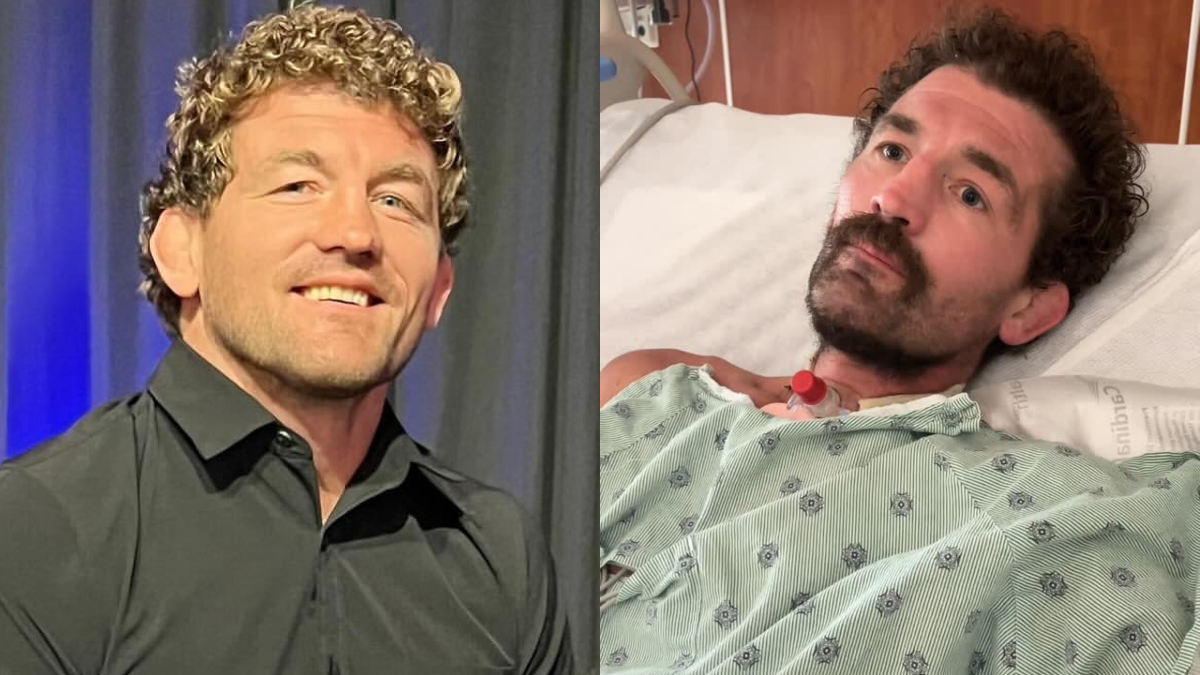Understanding how antidepressants work and affect your brain is a crucial first step in making informed decisions about your mental health care.
Antidepressants are among the most commonly prescribedTrusted Source medications for mental health conditions, offering crucial relief to millions of people worldwide. Yet, despite their widespread use, these medications are still the subject of widespread misinformation.
Misconceptions can lead to fear, hesitation, or avoidance of treatment, potentially preventing those in need from finding relief.
Learn more about some of the most common myths about antidepressants, unpack the science behind how they really work, and highlight the importance of informed decision making when it comes to mental health care.
Myth #1: Antidepressants simply increase serotonin levels
One of the most persistent and oversimplified explanations for how antidepressants work is the idea that they just “boost serotonin” in the brain. While it’s true that many antidepressants, particularly selective serotonin reuptake inhibitors (SSRIs), do affect serotoninTrusted Source, this is not the whole story.
Research suggests that antidepressants influence multiple neurotransmitter systems and can promote neuroplasticity (the brain’s ability to adapt and change) and neurogenesis (the growth of new brain cells).
This means that antidepressants help create a brain environment that’s more conducive to healing from depression, rather than just correcting one specific deficiency.
Myth #2: Antidepressants will change your personality
A common fear is that antidepressants will alter a person’s identity or dull their emotional range. In reality, effective antidepressant treatment aims to reduce the symptoms of depression, such as persistent sadness, fatigue, and hopelessness, not to change who you are.
When these symptoms are alleviated, older research has found that many people report feeling more like themselves again.
One possible side effectTrusted Source, however, is the experience of “emotional blunting,” where you feel less intense emotions. If this occurs, it’s important to talk with your doctor about adjusting your medication to find a treatment that meets your needs.
Myth #3: Antidepressants are addictive
Worries about addiction often prevent people from considering antidepressants. However, this concern confuses the concept of “dependence” with “addiction.”
Unlike addictive substances, antidepressants do not produce cravings or compulsive behavior. People don’t “get high” from taking them, nor do they seek them out in increasing doses to maintain an effect.
It’s true that some individuals experience withdrawal-like symptoms, referred to as “discontinuation syndrome,” if they stop taking certain antidepressants abruptly.
That’s why healthcare professionals recommend tapering off medication gradually and under supervision, but this process is not the same as breaking an addiction.
Myth #4: Antidepressants are a quick fix or ‘rescue’ medication
Many assume antidepressants provide immediate relief, but most take time, often several weeks, to become fully effective. They’re not emergency mood boosters or instant mood stabilizers. Instead, they’re part of a broader, long-term treatment strategy.
Sustainable recovery from depression usually involves multiple components, including:
Antidepressants are not a cure-all, but when used as part of a comprehensive approach, they can significantly improve quality of life.
Myth #5: Everyone experiences the same side effects
Side effects are often discussed in blanket terms, which can be misleading. In reality, people’s experiences with antidepressants vary widely. Factors such as genetics, age, metabolism, and other medications all influence how someone reacts to a particular drug.
Some individuals might experience side effects like nausea, weight changes, or sleep disturbances, while others might not notice any at all.
If one antidepressant doesn’t work well or causes side effects, there are many others to try, and most side effects can be managed with help from a healthcare professional
Why accurate information matters
Pharmacists, doctors, and mental health professionals are essential allies in navigating misinformation. They can help patients consider their options, set realistic expectations, and make informed choices tailored to their individual needs.
It’s important to remember that depression is not just “feeling sad.” It is a complex medical condition, much like diabetes or cancer. The brain, like any other organ, can experience dysfunction, and treating that dysfunction often requires medical intervention.
However, not everyone who feels depressed has a depressive disorder, and not everyone with a depressive disorder will benefit from the same treatment. Personalized care based on accurate information and guided by medical professionals is key.
Takeaway
Antidepressants are often misunderstood, but they can be valuable tools in managing depression. By clearing up common myths and relying on evidence-based information, we can help reduce stigma and make it easier for people to consider treatment options that work for them.
Mental health treatment isn’t one-size-fits-all, and understanding the real role of antidepressants can make a big difference in how we approach treatment.
If you are living with depression, it’s important not to let misinformation hold you back from exploring your options. A conversation with a healthcare professional could be the first step toward finding the right support.














